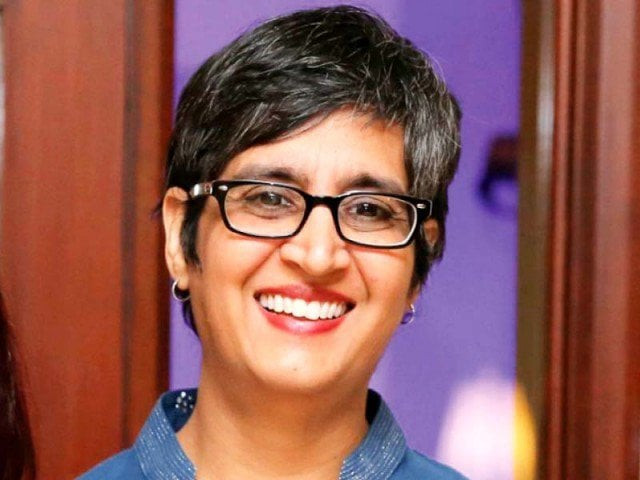Sabeen remembered: ‘She engaged in all kinds of discussion’
Participants light candles and pay tribute to an indomitable activist.

PHOTO: FILE
Why did Sabeen Mahmud have to sympathise with the Baloch, Ahmedis and Sindhis? Several people have questioned the motives behind her work involving the marginalised. “She gave space to all kinds of discourse at the T2F because of her philosophy of peaceful discussion and deliberation,” Abid Majeed, a student, said in his tribute to activist Sabeen Mahmud who was shot dead by unidentified people in Karachi on Friday.
He was speaking at an informal memorial for Mahmud, organised by The Last Word and Books and Beans, on Sunday. Several activists and friends who had known her well gathered to share their memories of her and spoke of her work.
Majeed read out a poem by Habib Jalib before delivering his tribute. “Sabeen is the fourth woman national icon to have been targeted for her work – Benazir Bhutto, Malala Yousafzai and Parveen Hanif being the other three.

Sabahat Zakriya, a columnist, said she had first become acquainted with Mahmud through her blog. “What touched me most about her was that she was a non-conformist.” Zakriya said that she herself had belonged to a conservative family and Mahmud had given her the opportunity to talk and explore a variety of things. She said that Mahmud was much loved for her knack of approaching all kinds of people and topics with openness and without disdain. “From criticism of the T2F to personal criticism, Sabeen would always invite everyone to come and talk about it over a cup of tea.”
Nuzhat Siddiqi, social worker associated with Shirkatgah, said Mahmud had helped her out during a particularly difficult time in her life and they had both bonded over the tragedy.
Siddiqi recalled their efforts behind the Social Media Mela that Mahmud had organised in 2012. “People were initially dismissive of the idea. They said alternative media sources did not have any real power.” But Mahmud was resilient and bloggers from all over Pakistan and abroad attended the event, she said.
“Mahmud was often called an elitist because of her educational background. Not many knew that her father would rent a motorcycle to drop her to school.”
Mahmud had never given importance to criticism, said Siddiqi. “She belonged to the middle class and was proud of it. She created the T2F as a platform for people to get in touch with their own culture.” She said the T2F was open to anyone who wanted to work but didn’t have the space for it. Mahmud herself would help those who couldn’t afford to pay for food, she said.
Most of those present at the memorial had known Mahmud personally or were acquainted with her work. They all lit candles to honour and remember Mahmud.
Published in The Express Tribune, April 27th, 2015.


















COMMENTS
Comments are moderated and generally will be posted if they are on-topic and not abusive.
For more information, please see our Comments FAQ